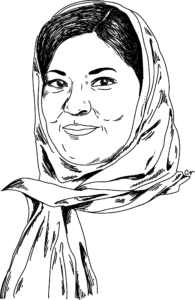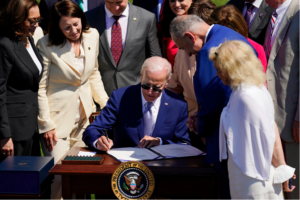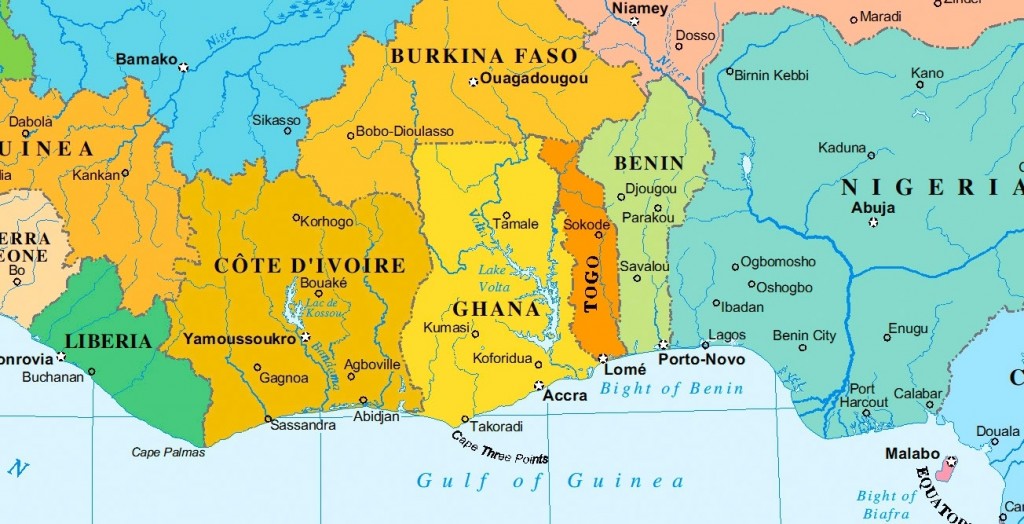
Most NYU students probably know Ghana because of the study-away site at NYU Accra, but this wonderful country has so much more to offer. Ghana is a country located in West Africa that is bordered to the west by the francophone country of Côte d’Ivoire (Ivory Coast) and to the east by the francophone country of Togo. The official language of Ghana is English; however, many other local languages are spoken by its citizens, including Twi. According to the World Bank, Ghana’s population is just under 30 million people, and in 2017, Ghana had the second-fast growing economy in Africa, just behind Ethiopia.
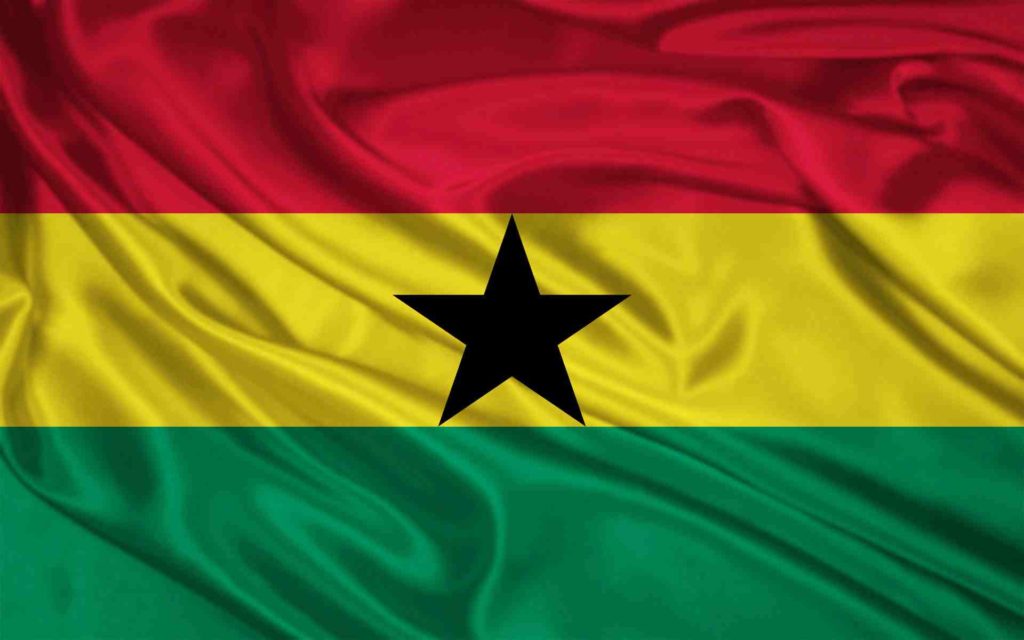
During the colonial era, Ghana was a British colony, and it became the first country in Sub-Saharan Africa to break free and gain independence from colonial rule on March 6, 1957. It has had several forms of government since gaining independence, but the current system was set up under the 1992 Constitution. Similar to the United States, Ghana is a democracy, and the Ghanaian Constitution divides the state into three branches: Executive, Legislative, and Judiciary. The Constitution also indicates the designated powers of each branch and the limitations on the exercise of those powers.
The Executive branch is comprised of a president who is elected by the people for a maximum of two four-year terms, the Council of State, and a consultative body appointed by the president. This branch is tasked with implementing the laws passed by Parliament and making appointments to various public offices. There are also Regional Ministers for each of the 16 regions in Ghana that are responsible for coordinating the administration’s preferences in the given region. Furthermore, in the Ghanaian Constitution, there is “a strong emphasis on devolving power away from a central government and into the hands of local authorities,” meaning that the District Assemblies are responsible for the people of their districts and are held directly accountable to them. Even though this seems like a decentralization of government, the president is still responsible for appointing almost all of the regional and local officials, making them an extension of the president’s administration.
The Legislative branch is a unicameral Parliament that is elected by the people every four years. The 275 members of this branch are tasked with lawmaking and are broken up into committees which review bills and policy matters before the entire chamber votes on the bill. The Speaker presides over the branch and ensures that protocol is being followed. Interestingly, Article 108 of the Constitution prohibits Parliament from initiating any bill with financial implications.
The Judicial branch is independent from the other two branches of government, and it is comprised of at least 10 Supreme Court justices nominated by the president with approval of Parliament. The court system in Ghana has broad powers of judicial review and is impartial to partisan politics. Additionally, the court system in Ghana is largely modeled after the British courts since Ghana was a British colony.
Currently, the President of Ghana is Nana Akufo-Addo. He is a member of the New Patriotic Party (NPP), which is a center-right and liberal conservative party in Ghana. The main opposition party is the National Democratic Congress (NDC), which is a social democratic political party. The next democratic election in Ghana will take place in December 2020, shortly after the American presidential election. As a result of this election, a president and new members of Parliament will be elected to serve the Ghanaian people at the highest level.
While the outward appearance of the Ghanaian government resembles that of the United States, its inner workings are much different. From my internship experience so far at a health NGO in Accra, I have learned that it can be very difficult to influence policy. A significant portion of the work is done on the local level through community meetings and durbars with the agreement of the chiefs. However, any major policy must still be approved by the national government in Accra, and the majority of regional and local officials are appointed by the president. I have also learned that lobbying is not something that traditionally takes place here. As as American, it has been difficult for me to understand how I can help my organization make a difference if we cannot lobby policymakers directly.
Additionally, like almost any other country, Ghanaian politicians receive criticism for corruption, which influences the public’s trust in their own government. It can also be difficult for the people to have faith in their government when they are faced with so much poverty and income inequality on a day-to-day basis. Finding a job in Ghana is extremely difficult, and children are often seen walking between cars at stoplights to beg for money or to sell small items when they should theoretically be in school. Addressing these issues will take time, but it is also discouraging for the people of this nation. The Ghanaian state has done many things to help its people, and Ghana’s economy is growing rapidly, but the effects of colonialism and the slave trade still make global economic prosperity and an abundance of opportunities difficult to realize. Overall, the government of Ghana is very similar to that of the United States in terms of its separation of powers and its system of checks and balances, but it is still very unique and is the structure for a rapidly growing country in West Africa. Ghana is still recovering from the horrific effects of colonialism and the slave trade, but as Kwame Nkrumah, Ghana’s first president, once said, “the best way of learning to be an independent sovereign state is to be an independent sovereign state.”
Cassi Niedziela
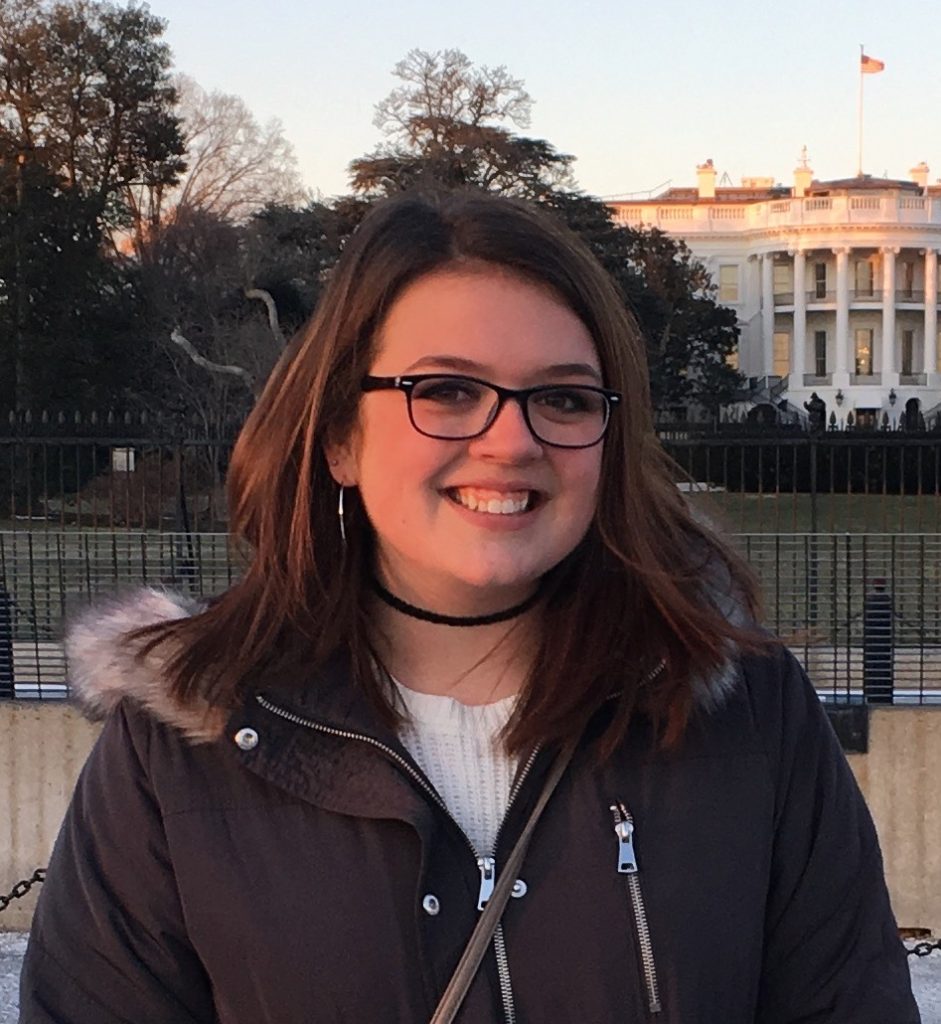
Cassi, a staff writer at “In the Zeitgeist,” is a second-year student at NYU who is majoring in Global Public Health & Sociology and minoring in Politics and French Studies. She is originally from Glen Rose, Texas and has studied away in Washington, D.C., Paris, France and Accra, Ghana. She currently interns at the Ghana Coalition of NGOs in Health in Accra, and hopes to pursue a career that focuses on the intersection of public health, politics, and human rights in an international context. Her hobbies and interests include drinking extreme amounts of coffee, avidly following the news, and exploring NYC with her friends.

